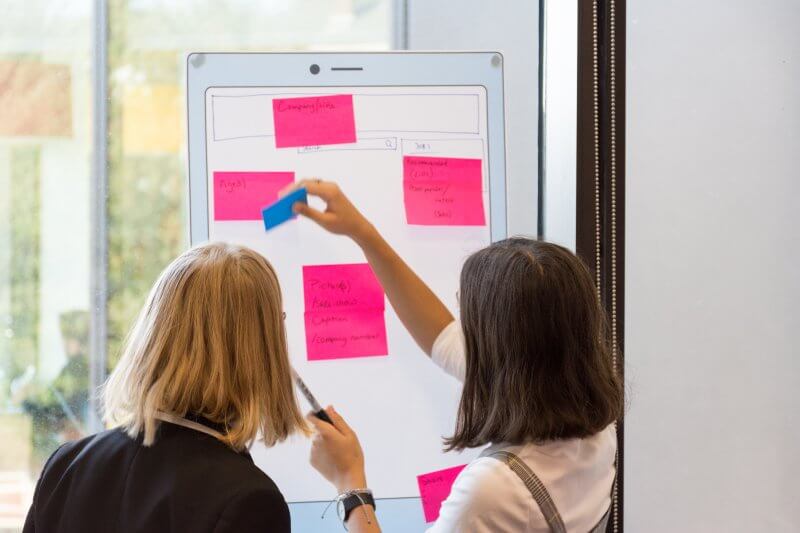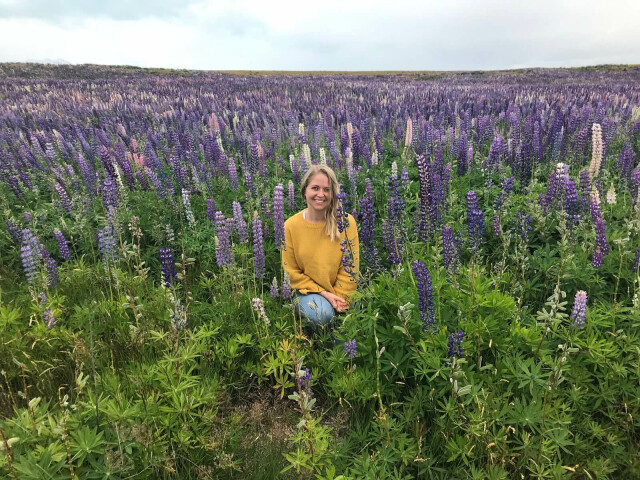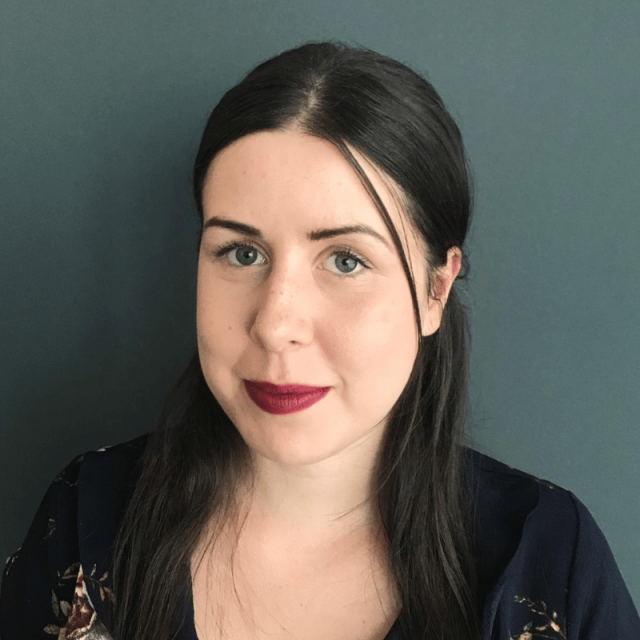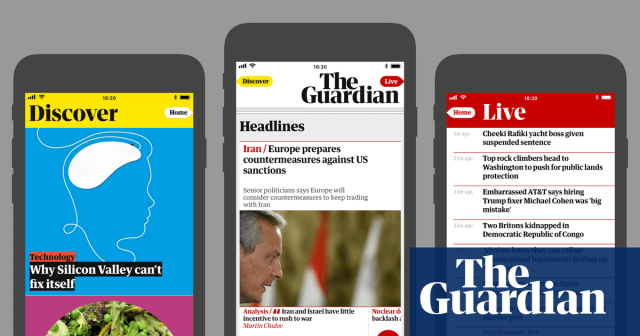My role involves...
My team manages part of the Guardian website and backend systems. My role involves maintaining those systems and building new features, as well as being involved in planning and departmental activities.
My route into this role was...
I grew up in New Zealand and moved to the UK in my 20s. Software development wasn't really on the radar as an option when I was in school, so I came to it later in life as a second career.
I enjoy my job because...
I like the variety. I get to work on different frontend and backend systems using a range of technologies, so I get to try my hand at a lot of different things. Also, the people. There's a great collaborative and social culture at the Guardian, which is really important to me.
The most important qualities for my role are...
The ability to problem solve, grasp complex concepts and think creatively. Also, good communication skills (but that's true of almost any role)!
Ways to get started or relevant experience are...
Boot camps are one way of getting quickly up-to-speed. Also things like participating in hackathons and volunteering for charities. Working on your own coding projects and putting them on github is a great way to build a portfolio. Look for graduate or associate programmes (such as the one offered at the Guardian!), as they offer more support and training. Start applying for jobs before you think you're ready. Even if you don't get an offer, the experience will give you insight into what employers are looking for and give you some direction on areas to focus and improve on.



